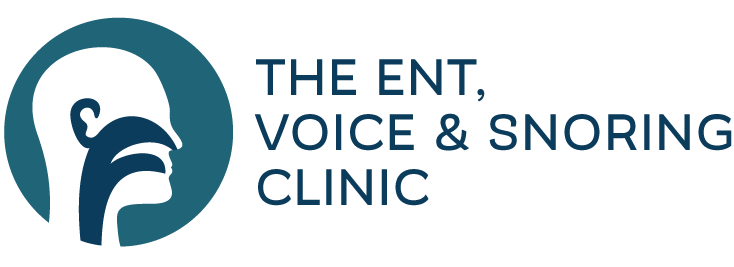What are the diagnostic and practical value of actiwatches compared to commercial devices, sleep diaries and polysomnography?

Introduction Sleep is a key component of health and the accurate measure of sleep and wake states has been the subject of many scientific studies. There are many ways to measure sleep, including subjective and objective tests. Currently, polysomnography is the objective standard by which all other sleep studies are judged against. In recent years, […]
What is the evidence for the efficacy of treatments for idiopathic hypersomnia and their proposed mechanism of action?

Introduction: Idiopathic hypersomnia (IH) is a poorly understood neurological disorder that was only recently described in 1976 by Roth et al (1). The symptoms of excessive daytime sleepiness, prolonged nocturnal sleep or daytime naps, difficulty waking with cognitive impairment can frequently overlap with symptoms of other causes of hypersomnia such as sleep deprivation, narcolepsy type […]
Is there evidence that circadian rhythm disruption has a role in psychiatric disorders?

Introduction The link between sleep and psychiatric disorders has been long observed. In the 1980s, Wehr et al published his findings of circadian rhythm disturbances in manic-depressive illness (1). In the 1970s, Wirz-Justice at al reported the association of sleep deprivation in endogenous depression (2). Almost all psychiatric illnesses have circadian abnormalities with respect to […]
What are the contemporary explanations for the discrepancy between objective and subjective sleep in insomnia?

Introduction Insomnia is a common complaint that affects a large proportion of the population at any one time, However, the diagnosis of insomnia as a chronic sleep disorder is also prevalent. Ohayon in 2002 estimated that based on the DSM-IV classification, the prevalence of diagnosed insomnia is 6% (1). The prevalence figures are higher in […]
